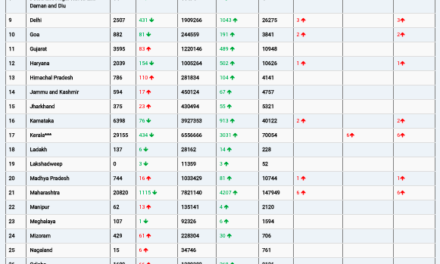A groundbreaking study led by the University of California, Riverside, has uncovered a startling link between fathers’ diets and their daughters’ risk of developing cardiovascular disease (CVD). Published in JCI Insight on September 10, the research reveals that men consuming a high-cholesterol diet may inadvertently increase their daughters’ susceptibility to heart disease due to changes in the RNA of their sperm.
Key Findings of the Study
The study, led by Changcheng Zhou, a professor of biomedical sciences at UC Riverside, marks the first time such a gender-specific result has been demonstrated. Researchers used mouse models to explore how paternal diet influences offspring health. They found that male mice fed a high-cholesterol diet showed alterations in the small RNA molecules within their sperm. These changes were linked to a significant increase in atherosclerosis—a chronic inflammatory disease characterized by the buildup of plaque in the arteries—among their female offspring.
Implications for Human Health
Cardiovascular disease remains the leading cause of death worldwide, with hypertension being a major risk factor. In the United States alone, nearly 703,000 deaths in 2022 were attributed to heart disease. This new research highlights an additional dimension of CVD risk: paternal health. According to Zhou, while the effects of maternal factors on offspring health have been well-documented, the impact of paternal health has received less attention.
“Men who plan to have children should consider eating a healthy, low-cholesterol diet and managing their own cardiovascular risk factors,” Zhou advised. “Our study suggests that paternal diet can influence offspring health through changes in sperm RNA.”
Mechanisms of Paternal Influence
The study focused on atherosclerosis, a condition where cholesterol and other substances accumulate in the arteries, leading to reduced blood flow and oxygen supply to vital organs. Researchers observed that the small non-coding RNA molecules in the sperm of high-cholesterol diet-fed mice were significantly altered. These modifications in RNA were found to affect gene expression in embryonic stem cells, leading to the development of atherosclerosis in the female offspring.
Future Research Directions
The research team, which includes Rebecca Hernandez, Xiuchun Li, Junchao Shi, Tejasvi R. Dave, Tong Zhou, and Qi Chen, aims to further investigate why only female offspring appear to be affected by the paternal diet. Despite the clear evidence from mouse models, understanding the exact mechanisms and the applicability to human health remains a crucial next step.
The study was supported by grants from the National Institutes of Health and various fellowships. Zhou’s team utilized the PANDORA-seq method developed at UC Riverside to study sperm small RNA, providing new insights into how paternal health can impact the next generation.
Conclusion
This research underscores the importance of considering paternal health factors in discussions about cardiovascular risk and highlights the need for further studies to explore the implications for human health. It also serves as a reminder that lifestyle choices, including diet, have far-reaching effects beyond immediate health concerns.
Reference: Zhou, C., Hernandez, R., Li, X., Shi, J., Dave, T. R., Zhou, T., & Chen, Q. (2024). Paternal hypercholesterolemia elicits sex-specific exacerbation of atherosclerosis in offspring. JCI Insight. DOI: 10.1172/jci.insight.179291.












